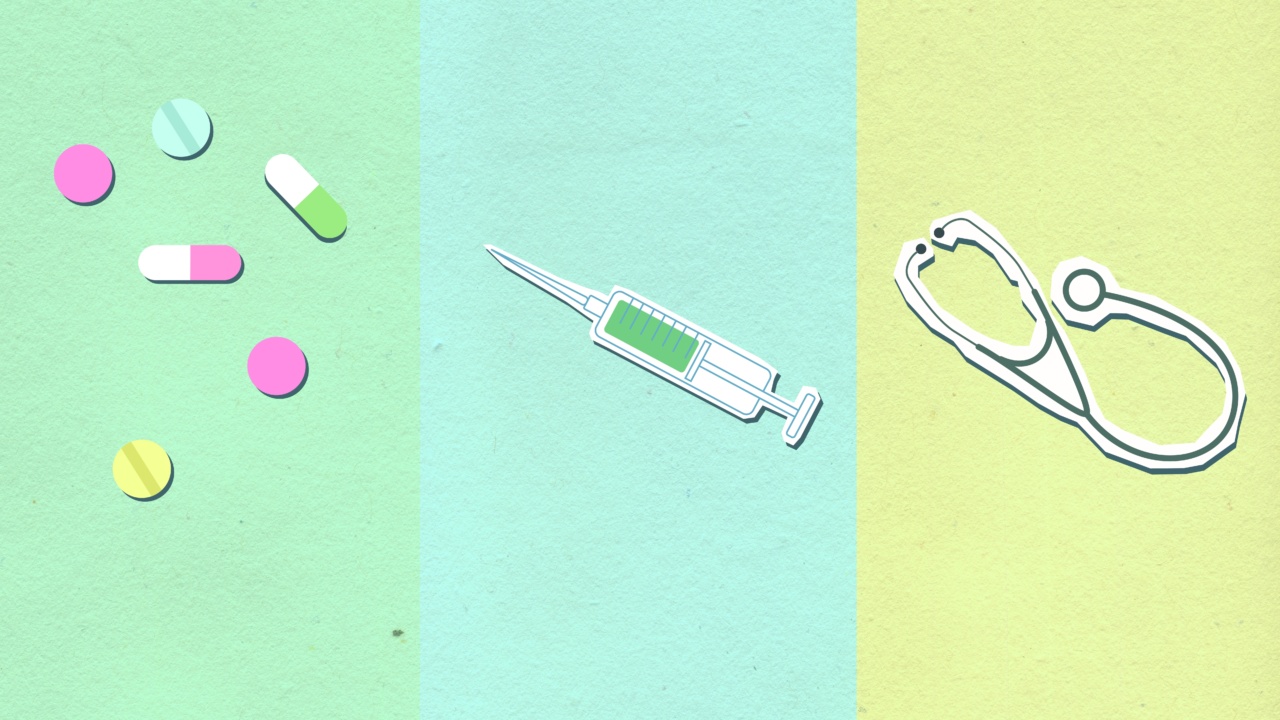Hypertension, commonly known as high blood pressure, is a prevalent health condition affecting millions of individuals worldwide. It is a major risk factor for various cardiovascular diseases such as heart attacks and strokes.
Managing hypertension often involves lifestyle modifications, including a healthy diet. Potassium, an essential mineral, has gained attention as a potential natural remedy for lowering blood pressure.
In this article, we will explore whether potassium can be an effective natural remedy for hypertension and discuss the importance of finding the right dose.
Understanding Hypertension
Hypertension is characterized by persistently high blood pressure, where the force exerted by the blood against the walls of arteries is elevated.
This condition places extra strain on the heart and blood vessels, increasing the risk of heart disease, stroke, and kidney problems.
Role of Potassium in Blood Pressure Regulation
Potassium is an essential mineral that plays a crucial role in maintaining various bodily functions, including the balance of fluids and electrolytes. It is also involved in the regulation of blood pressure.
Potassium helps to counterbalance the effects of sodium, a mineral that can raise blood pressure levels.
Evidence Supporting Potassium’s Potential
Studies have shown a correlation between higher potassium intake and lower blood pressure levels. Diets rich in potassium, such as the Dietary Approaches to Stop Hypertension (DASH) diet, have been associated with decreased risk of hypertension.
However, the evidence regarding the effectiveness of potassium as a natural remedy for hypertension is still under debate.
Understanding the Optimal Potassium Intake
While potassium demonstrates potential in reducing blood pressure, it is crucial to find the right dose for optimal benefits. The Recommended Dietary Allowance (RDA) for potassium is 2,600-3,400 mg/day for adults.
However, individuals with hypertension may benefit from higher potassium intake, closer to 3,500-4,700 mg/day. It is essential to note that excessive potassium intake may also have adverse effects.
Factors Influencing Potassium Requirements
Several factors can influence an individual’s potassium requirements, including age, sex, underlying health conditions, and medication use.
People with certain medical conditions, such as kidney disease, may require potassium restrictions and should consult a healthcare professional before making any dietary changes.
Food Sources of Potassium
The best way to increase potassium intake is through dietary sources. Several foods are excellent sources of potassium, including fruits (bananas, oranges, avocados), vegetables (spinach, broccoli, potatoes), dairy products, fish, and legumes.
Incorporating a variety of these foods into one’s diet can help achieve optimal potassium levels.
Supplementing with Potassium
While dietary sources are the preferred method of increasing potassium intake, certain individuals may need potassium supplements. However, supplementation should always be done under the guidance of a healthcare professional.
Taking excessive potassium supplements without medical supervision can be harmful, particularly for those with kidney problems or those taking certain medications.
Potassium and Sodium Balance
The balance between potassium and sodium intake is crucial for maintaining healthy blood pressure levels. Most people consume excess sodium through processed and fast foods, which can contribute to hypertension.
Reducing sodium intake while increasing potassium intake can help restore the balance and support healthier blood pressure levels.
Treating Hypertension Holistically
While potassium can play a role in managing hypertension, it is important to adopt a holistic approach to treatment.
Lifestyle modifications, such as regular physical activity, maintaining a healthy weight, minimizing alcohol consumption, and managing stress, are equally important in blood pressure management. Additionally, individuals with hypertension should always work closely with healthcare professionals for personalized advice and treatment.
Conclusion
Potassium has the potential to be an effective natural remedy for hypertension when incorporated into a well-balanced diet. However, it is crucial to determine the optimal potassium intake based on individual requirements.
While dietary sources are generally preferred, supplementation may be necessary for some individuals under medical supervision. Remember, managing hypertension should involve a holistic approach that includes dietary changes, regular exercise, and lifestyle modifications.





























